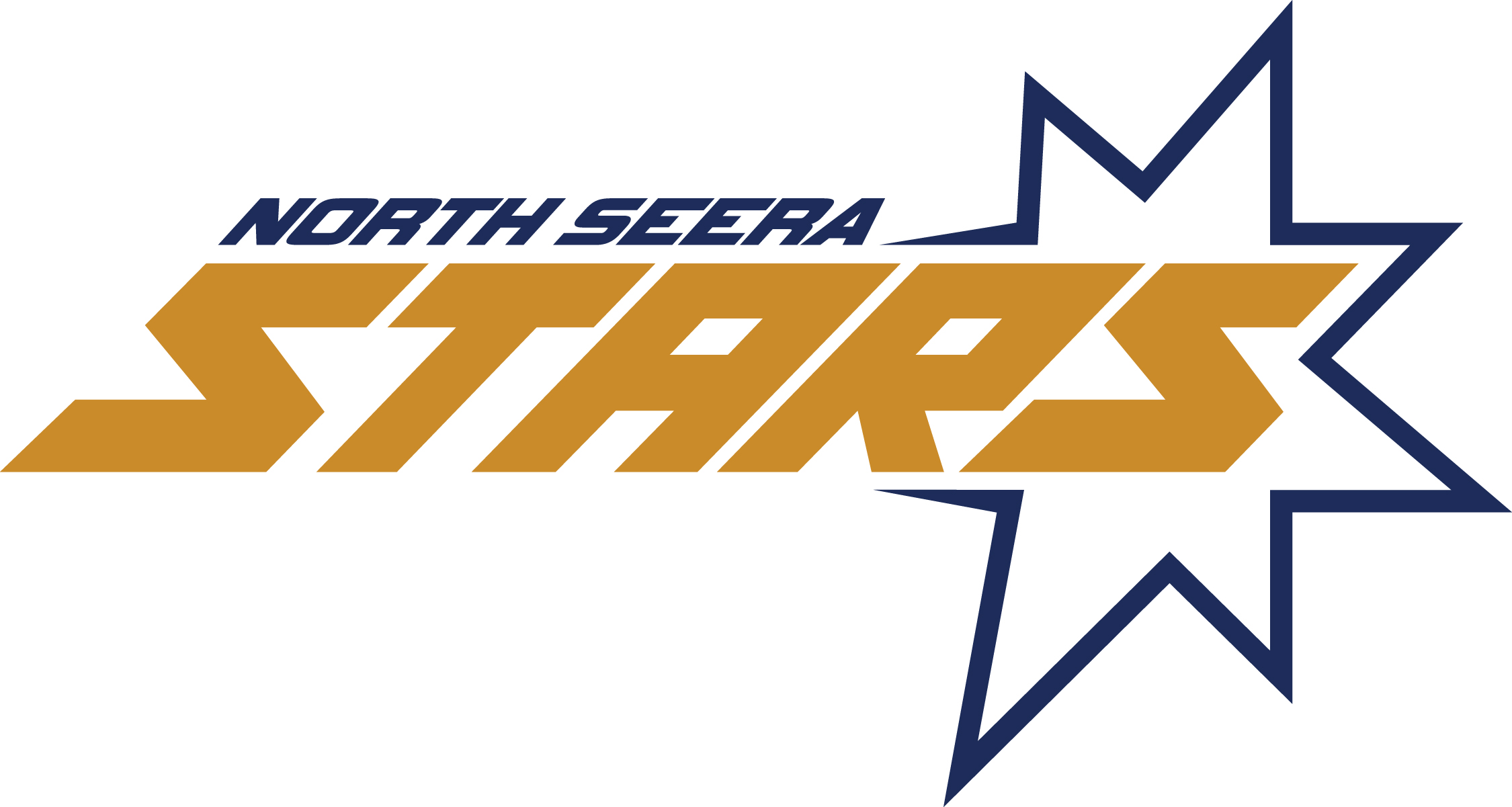Equipment Tips & Skate Fitting
Equipment Tips
Proper-fitting equipment helps young players stay safe, confident, and comfortable on the ice. Below are a few key reminders — especially around skate fitting, which is the most important piece of gear when your child is learning to skate.
Skate Fitting Basics
- A properly fitted skate is snug with no major pressure points when laced up.
- Only allow ½ size of growing room (approximately 5 mm).
- Don’t overbuy. High-end skates don’t always benefit young players.
- Different brands fit differently — try on multiple pairs if needed.
- Plan to spend time at the store. A great fit takes effort.
Signs your child’s skates may not fit properly:
- Blisters or pain
- Loose heel or excessive tightening
- Chatter on the blade or trouble turning
- “Weak ankles” or wobbly stance
- Speed wobbles or inadequate knee bend
Blade Alignment
Skate blades are factory-mounted and not always perfectly centered. Misaligned blades can affect balance, posture, and overall skating ability. Specialty shops can realign blades or heat mold boots to eliminate discomfort.
- Misalignment can cause pronation, supination, or turning issues.
- Custom footbeds can improve comfort and control.
- Blade alignment can be the difference between good and great skating.
Other Equipment Reminders
- Ensure all gear fits snug but not tight — no loose elbow pads or oversized helmets.
- Stick length should come up to your child’s nose (in socks) or chin (in skates).
- Label all equipment with your child’s name.
- Air gear out after every use to prevent odor and bacteria build-up.
- Hand-me-downs are fine if they fit properly and aren’t damaged.
